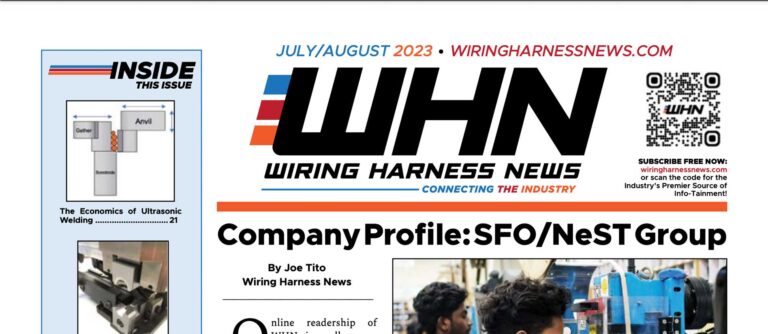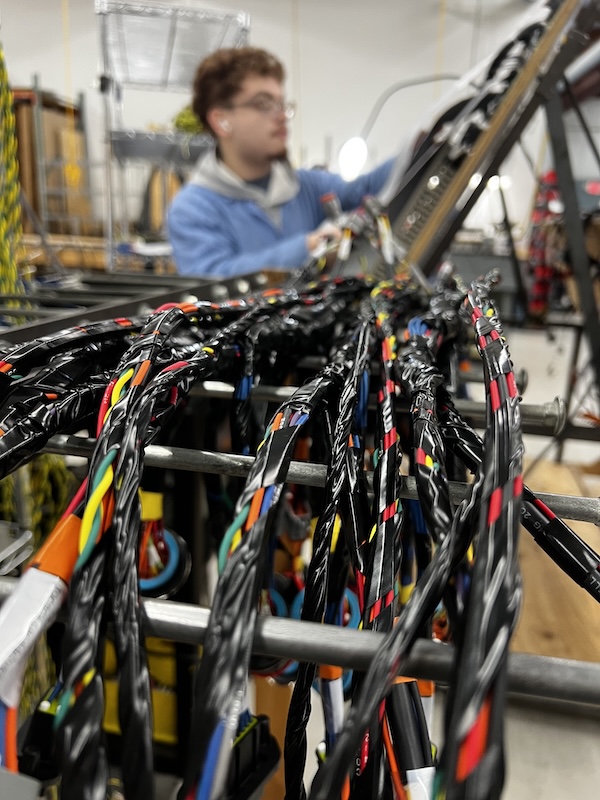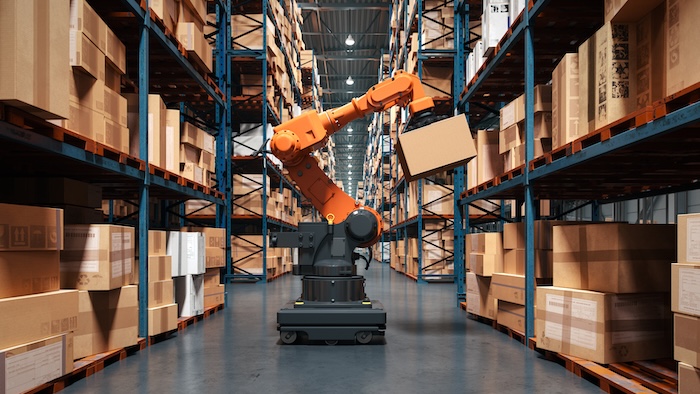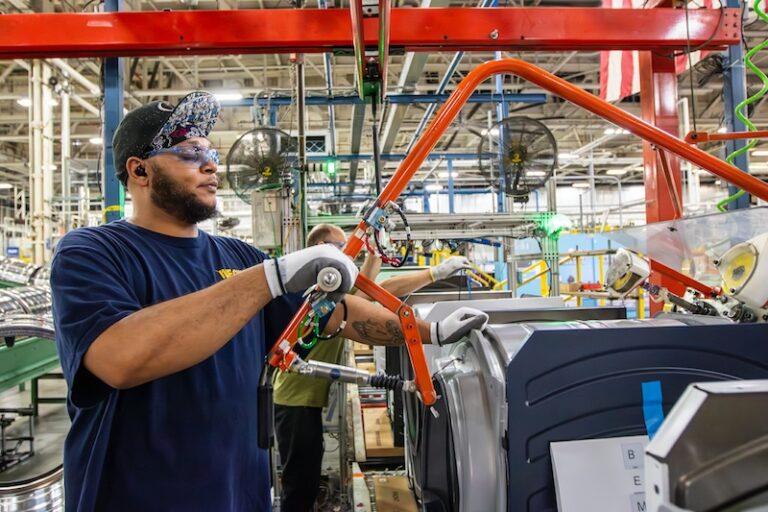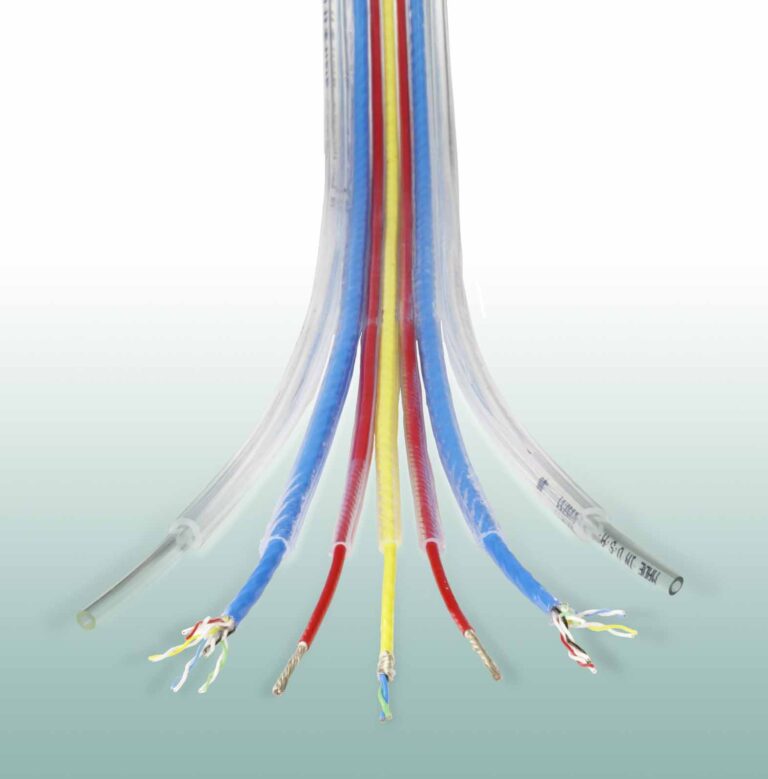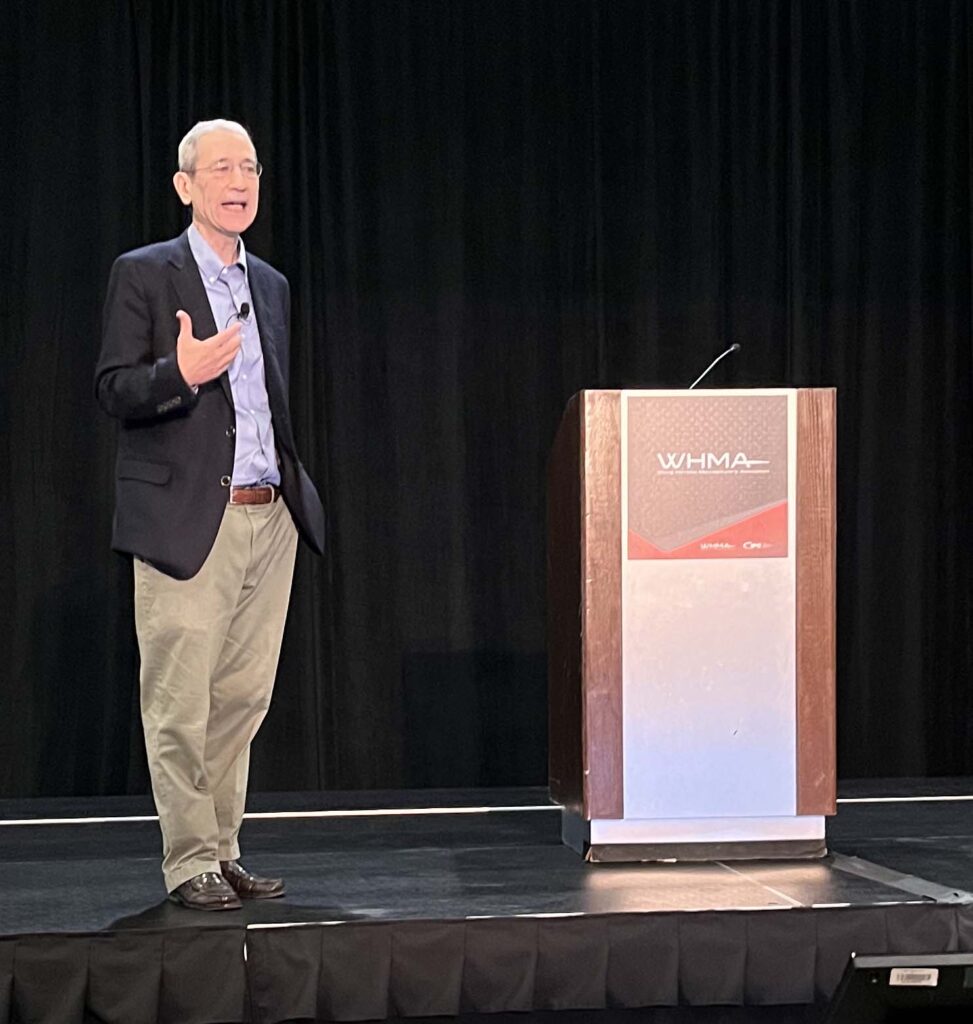At the recent WHMA Leadership Summit, Gordon Chang delivered a compelling keynote titled China and Transnational Supply Chains in an Era of War and Deglobalization. His presentation provided a sweeping analysis of global supply chain instability, China’s shifting economic position, and the broader implications of geopolitical turbulence.
Chang opened his address by reflecting on the long history of globalization, noting that while trade has expanded for centuries, it has also periodically reversed due to war, economic crises, and shifting political landscapes. “After the rapid globalization that followed the Cold War, it looks like we are now starting to de-integrate, de-couple, and de-globalize,” he stated. This shift is evident in the declining trade between the U.S. and China, with merchandise imports from China to the U.S. falling by 20.3% in 2023. Meanwhile, Mexico overtook China as the largest supplier of goods to the United States.
A primary driver of this deglobalization, Chang argued, is the increasing geopolitical instability worldwide. “We are now living in a world where every regional conflict has global implications,” he said, pointing to conflicts in Ukraine, the Middle East, and Africa. He compared the current state of global tensions to the 1930s, when a series of independent conflicts eventually coalesced into World War II. The question, he posed, is whether today’s conflicts will similarly escalate into a larger global confrontation.
Chang cited multiple factors contributing to the current disruption of global supply chains. One is the decline in trust in China’s economic and political stability. He pointed to data showing a significant drop in direct foreign investment in China, a symptom of growing global skepticism. “Foreign businesses are pulling out, reducing their exposure, and diversifying their supply chains because China’s economic outlook is becoming increasingly uncertain,” he explained. He also highlighted Beijing’s growing economic reliance on state-driven manufacturing and export subsidies, a move he sees as counterproductive to long-term stability.
A critical part of his talk focused on China’s strategic alignment with Russia, Iran, and other nations. “China is directly or indirectly fueling instability worldwide,” Chang claimed, referencing its role in supporting Russia’s war effort and backing Iran’s economic resilience. He described how China’s partnerships and trade policies are contributing to disruptions in global commerce, especially through the Red Sea and Suez Canal, where Houthi attacks have caused massive shipping detours and increased costs. “We are witnessing the fragmentation of supply chains into supply webs—more complex, less efficient, but necessary for resilience.”
Chang also spoke about China’s economic slowdown and its implications for global trade. He pointed to suspiciously high Chinese GDP numbers and noted that much of the country’s economic activity is built on unstable foundations, particularly in real estate and state-backed industries. “The Chinese economy is likely growing at near zero or possibly even contracting,” he asserted. “Their strategy is built on exporting more, but that approach is running into resistance as countries push back against unfair trade practices.”
In response to these challenges, companies and governments worldwide are rethinking their supply chain strategies. “We are seeing companies move production closer to consumption,” he said, highlighting nearshoring trends that are benefiting Mexico, Vietnam, and other countries in Southeast Asia. “The shift is happening faster than many expected, and the long-standing assumption that China is the world’s factory is being tested like never before.”
The keynote concluded with a discussion on how the U.S. should respond to this changing landscape. Chang argued that the U.S. must take an active role in reshaping supply chains, strengthening domestic manufacturing, and enforcing trade laws. “We need to enforce our own rules, particularly against forced labor and predatory pricing,” he said, referring to China’s state-subsidized manufacturing. He also emphasized the need for stronger alliances with countries that share democratic values and economic principles.
Throughout the keynote, Chang emphasized the idea that China’s leadership, particularly under Xi Jinping, is accelerating deglobalization rather than resisting it. “Xi Jinping is making decisions that are deeply counterproductive,” he said. “He has been cracking down on foreign businesses, suppressing private enterprise, and pushing state-run economic policies that are making China less competitive.”
Chang left the audience with a stark but hopeful message: “The world is becoming more unstable, but the U.S. is uniquely positioned to weather this storm. We still have the strongest economy, the most resilient supply chains, and the ability to lead in this new era of economic realignment.”
About Gordon Chang
Gordon G. Chang is an author and commentator known for his analysis of China and global geopolitics. His books include China Is Going to War, The Great U.S.-China Tech War, and The Coming Collapse of China. Having lived and worked in China and Hong Kong for nearly two decades, Chang brings firsthand experience to his assessments of Chinese politics and economics. He has been a regular columnist for Newsweek and has contributed to publications such as The New York Times, The Wall Street Journal, and The National Interest. He has also provided briefings at the National Intelligence Council, the Central Intelligence Agency, the State Department, and the Pentagon, among other institutions. His insights continue to shape discussions on U.S.-China relations and global trade strategies.
Chang left the audience with a stark but hopeful message: “The world is becoming more unstable, but the U.S. is uniquely positioned to weather this storm. We still have the strongest economy, the most resilient supply chains, and the ability to lead in this new era of economic realignment.”
















